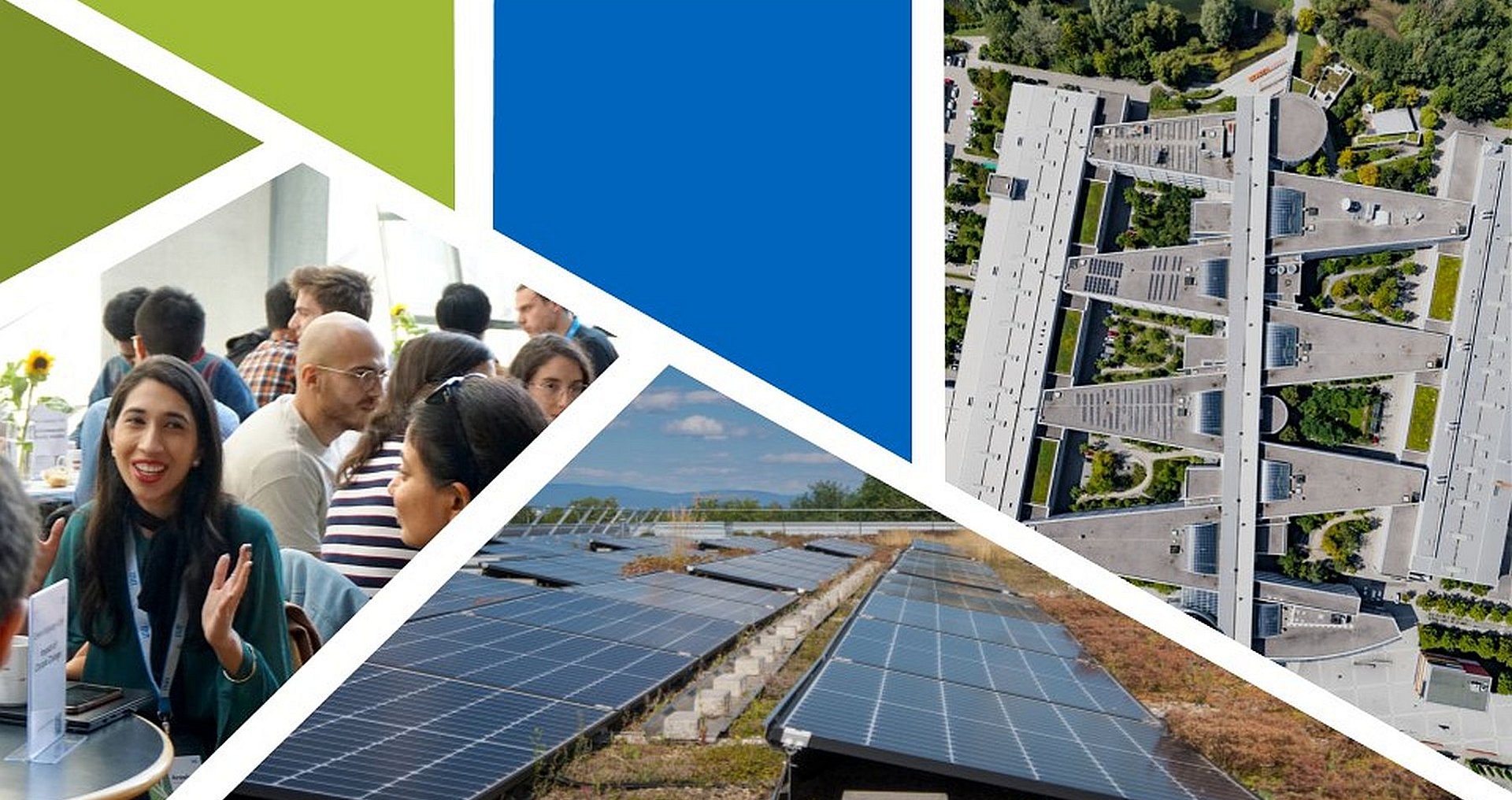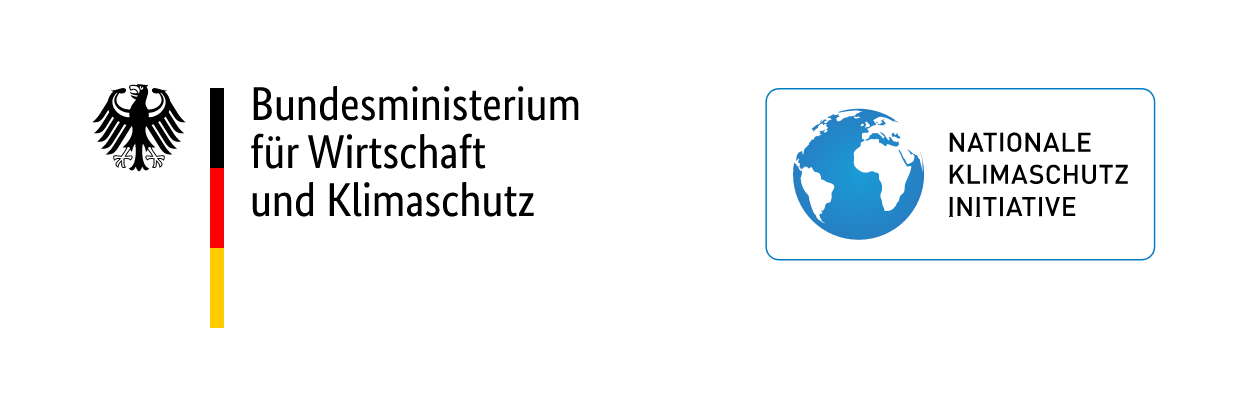Climate action at TUM
Helping to shape society as a university: We develop strategies to reduce the university's own greenhouse gases.

The effects of climate change become increasingly visible in Europe. As innovation centers for future technologies, universities have a special social obligation: they are actively helping shape the transformation to a sustainable society. Our university is aware of its responsibility, and is therefore reviewing its own activities and infrastructure to reduce greenhouse gas emissions.
For this purpose and in line with its Sustainable Futures Strategy 2030 and supported by the National Climate Initiative, TUM established a climate action management system as one of the first Bavarian Universities in September 2022. The operational responsibility for climate action at TUM lies with the Sustainability Office and as such is anchored in the Presidential Office. The core task of the two climate action managers is to coordinate the development of an integrated climate action plan, while including all internal stakeholders such as students, scientists and administrative staff in a participatory process.
Collecting ideas for climate action
Collect ideas for the TUM climate action concept and make an important contribution to reducing greenhouse gases.
The Team
The Climate Action Plan
The plan includes the current state of climate action activities as well as TUM’s energy balance and carbon footprint of all main campuses (Munich, Garching, Weihenstephan und Straubing). For this purpose, our university applies the accounting standard developed by the Bavarian Network for Sustainability in Higher Education as a pilot university, which in the long run aims at monitoring greenhouse gas emissions from the following categories:
- All direct emissions (Scope 1 emissions according to the GHG Protocol)
- All indirect energy-related emissions (Scope 2 emissions according to the GHG Protocol)
- Purchased goods and services, purchased capital goods, upstream emissions (energy), waste, mobility (relevant Scope 3 emissions under the GHG Protocol).
Together with campus operations, the Taskforce for Sustainable Campus Development, and our community, we will identify priorities and implement short-, medium-, and long-term actions. The integrated climate action plan will ultimately serve as a strategic decision-making framework for the university’s future climate action activities.
Climate action concept
Project title: KSI: Creation of a climate action plan and establishment of a climate action management position for the Technical University of Munich
Runtime: 09/01/2022 – 08/31/2024, Funding reference: 67K18873, Project sponsor: Zukunft – Umwelt – Gesellschaft (ZUG)
National Climate Initiative: With the National Climate Initiative, the German Federal Ministry for the Environment has been initiating and funding numerous projects that contribute to reducing greenhouse gas emissions since 2008. Its programs and projects cover a broad spectrum of climate action activities: from the development of long-term strategies to concrete assistance and investment support measures. This diversity is a guarantee for good ideas. The National Climate Initiative helps to anchor climate action at local level. It benefits consumers as well as companies, municipalities and educational institutions.
Information according to § 30 UVgO:
Client: Technical University of Munich, Arcisstraße 21, 80333 Munich, Contractor: FutureCamp Climate GmbH, Type of procedure: Negotiation procedure without competitive bidding, Service: Support service in the context of the preparation of an integrated climate action concept for the Technical University of Munich, Period: 09.01.2023 - approx. 31.08.2024


